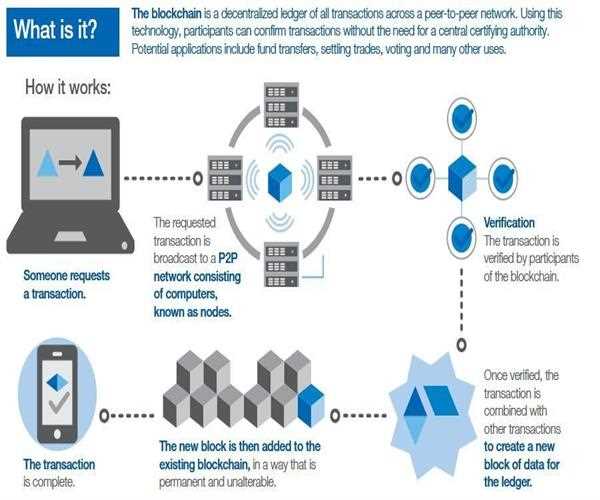Blockchain technology is a distributed ledger technology that allows secure and transparent transactions without the need for intermediaries such as banks or financial institutions. It has become increasingly popular in recent years due to its many benefits, such as increased security, transparency, and efficiency. However, there are concerns that blockchain technology may be damaging for the environment.
One of the main environmental concerns associated with blockchain technology is its energy consumption. Blockchain networks require a significant amount of computational power to operate, which in turn requires a lot of energy. The process of verifying transactions on a blockchain network, known as mining, involves solving complex mathematical problems that require a lot of computational power. This process requires a significant amount of energy, much of which comes from non-renewable sources such as coal and natural gas.

Another concern is the use of hardware equipment such as graphics processing units (GPUs) and application-specific integrated circuits (ASICs) for mining. These devices consume a lot of energy and can quickly become obsolete, leading to a high turnover rate of hardware and electronic waste.
The environmental impact of blockchain technology is not limited to energy consumption and electronic waste. The production of the hardware used for mining and other blockchain operations requires the extraction and processing of raw materials such as metals and minerals, which can have negative environmental impacts such as soil degradation, water pollution, and deforestation.
Furthermore, the increasing popularity of blockchain technology has led to the proliferation of cryptocurrencies such as Bitcoin and Ethereum, which have been associated with high levels of carbon emissions. The Cambridge Bitcoin Electricity Consumption Index estimates that the Bitcoin network currently consumes around 111.73 terawatt-hours (TWh) of electricity per year, which is roughly equivalent to the annual electricity consumption of a country like Argentina.
To mitigate the environmental impact of blockchain technology, several solutions have been proposed. One solution is to develop more energy-efficient consensus algorithms, such as proof-of-stake, which requires significantly less computational power than proof-of-work. Another solution is to use renewable energy sources for blockchain operations, which would help reduce greenhouse gas emissions and reliance on non-renewable energy sources. Additionally, efforts can be made to reduce electronic waste by increasing the lifespan of mining equipment or developing more sustainable hardware solutions.